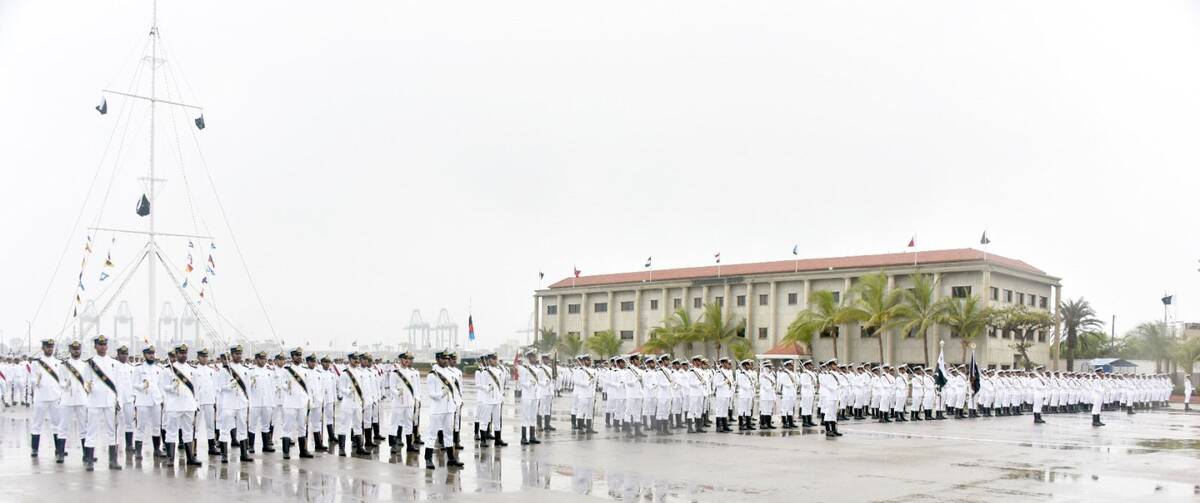Islamabad: Pakistan carried out airstrikes in Afghanistan on Mar. 18 against militant sanctuaries, not against Afghan people or its military, Foreign Office Spokesperson Mumtaz Zahra Baloch said on Thursday, reiterating Islamabad’s stance that it wants to resolve issues with Kabul through dialogue.
Tensions between Islamabad and Kabul escalated after Pakistan conducted airstrikes in the border areas within Afghanistan early Monday against what is said were militant targets. The strikes were conducted after a militant attack in northwestern Pakistan killed seven army soldiers on Mar. 16. Pakistan’s president, defense minister and army chief had vowed retaliation.
Pakistan’s airstrikes infuriated the Taliban government, who said eight civilians were killed in the attack. The escalation prompted Washington to urge Pakistan to exercise restraint and call on Kabul to rein in militants from conducting cross-border attacks.
In a weekly briefing to reporters, Baloch said Monday’s airstrikes were part of a targeted operation against militants affiliated with the Pakistani Taliban and the Gul Bahadur group. She said Pakistan had made a demarche with Afghanistan following the Mar. 16 attacks and conveyed its concerns to Kabul about the Gul Bahadur group’s involvement in the attack.
“The 18th of March operation was not targeted against the government or institutions or the people of Afghanistan,” Baloch clarified. “It was a targeted operation against terrorist hideouts and sanctuaries.”
She reiterated that Pakistan respected Afghanistan’s sovereignty and territorial integrity. Baloch added Pakistan looked forward to working with Afghanistan to find joint solutions in countering “terrorism” and preventing any entity from sabotaging bilateral relations between the two countries.
Baloch also responded to US Assistant Secretary of State Donald Lu’s testimony during a US congressional hearing on Wednesday. Lu had said Washington was working to prevent the construction of the Iran-Pakistan gas pipeline project.
The foreign office spokesperson said Pakistan has repeatedly reaffirmed its commitment to the pipeline, underscoring its importance for the country’s energy security.
“It is important to note that the decision by the Government of Pakistan to move forward on the Iran-Pakistan pipeline is within Pakistan’s sovereign decision to construct a pipeline within its own territory,” Baloch said.
She stressed that a segment of the pipeline is being built inside Pakistan’s territory.
“So, we do not believe that at this point there is room for any discussion or waiver from a third party,” she said.
“However, we have remained in contact with our American partners, and we have conveyed to them the importance of energy security for Pakistan’s future and the important role that Pakistan-Iran pipeline plays in the overall context of Pakistan’s energy security.”
In response to another question, Baloch said Pakistan’s position with regards to Dr. Shakil Afridi, a physician who helped US forces hunt and kill Osama bin Laden in Abbottabad in 2011, remains unchanged.
“He is in prison as a result of the legal processes and a decision by the courts of Pakistan,” Baloch said. “Pakistan’s position with regards to the case of Shakil Afridi hasn’t changed.”
Afridi was sentenced to 33 years in prison for alleged links to a militant group by a Pakistani court in May 2012. The sentence was later reduced to 23 years on appeal. His imprisonment infuriated Washington.
In July 2023, US Congressman Brad Sherman suggested during a congressional hearing that Washington swap Afridi with another high-level Pakistani inmate, Dr. Aafia Siddiqui.
Siddiqui is serving an 86-year prison sentence in Texas for the attempted murder of a US soldier in Afghanistan.
“I would like to underline that Pakistan’s priority is that of relief for Ms. Aafia Siddiqui and this is a subject of great concern to Pakistanis everywhere,” Baloch noted.
“As regards to any swap ideas that you have referred to, these issues are discussed through bilateral channels and not through the media.”

















